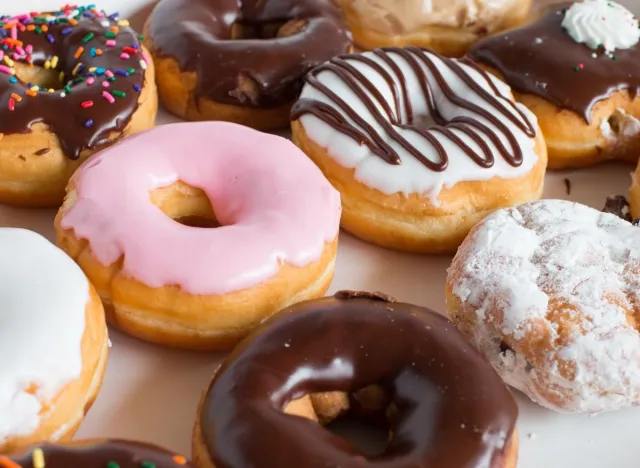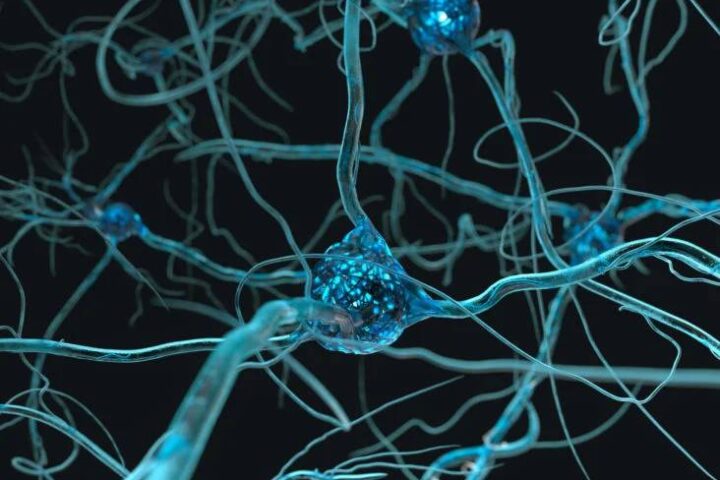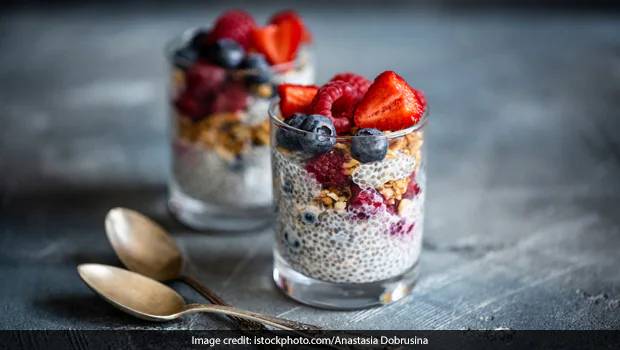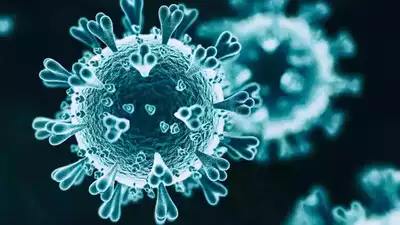“Can Starting Your Day with Dessert Help You Lose Weight? The Science Behind Breakfast Choices”
Determining whether indulging in dessert for breakfast aids in weight loss is a challenging task. The most well-known research on this topic originates from a study led by endocrinologist Prof. Daniela Jakubowicz at Tel Aviv University in Israel.
In 2012, Prof. Jakubowicz’s team conducted a study involving 193 individuals on a calorie-controlled diet. Participants were divided into two groups: one consumed a low-carbohydrate breakfast, while the other enjoyed a high-protein, high-carbohydrate breakfast, which included a sweet treat like a piece of cake or a doughnut.
After 16 weeks, the low-carb group began to regain weight, whereas the breakfast treat group continued to shed a few extra kilograms. The researchers noted that individuals in the treat group were more likely to adhere to their diets, possibly because the foods lost some of their “reward value.”
Furthermore, the morning dessert seemed to lower levels of the hunger hormone ghrelin, reducing food cravings. In a subsequent book, “The Big Breakfast Diet,” Jakubowicz explained that hormones governing appetite, energy, and metabolism naturally fluctuate throughout the day. Her recommendation was an early, protein-rich breakfast with a sweet treat, followed by carb-free lunches and dinners without sweets.
Evaluating the effectiveness of such diets is challenging due to individuals often misreporting their dietary intake, and trials generally not lasting long enough to yield definitive results. However, a 2022 review by Isabel Young and colleagues at the University of Sydney in Australia suggested that consuming more calories earlier in the day may lead to greater weight loss. They argued that the human body has “metabolically evolved” to consume more calories in the morning.
While a central circadian rhythm regulates sleep, body temperature, and melatonin production, peripheral rhythms govern metabolic hormones like insulin and ghrelin. Eating more in the morning may help synchronize these circadian rhythms, making us feel more attuned to our natural rhythms. The review also cited data showing improvements in blood sugar levels and cholesterol with morning eating.
On the other hand, a UK review led by Dr. Suzana Almoosawi at the University of Newcastle concluded that we still don’t fully understand whether energy distribution should be uniform throughout the day or if breakfast should provide the majority of energy. Human studies suggest that it becomes harder to feel full as the day progresses, possibly indicating a need to consume a higher proportion of energy in the morning.
When analyzing data from the UK’s National Diet and Nutrition Survey, they found that individuals who consumed more high-carb foods between 6 am and 9 am appeared to be the healthiest. However, they noted that those on low-carb diets might have substituted fat or alcohol, highlighting the complexities of studying human diets.
Disclaimer: The views, suggestions, and opinions expressed here are the sole responsibility of the experts. No Zoomer Zest journalist was involved in the writing and production of this article.





